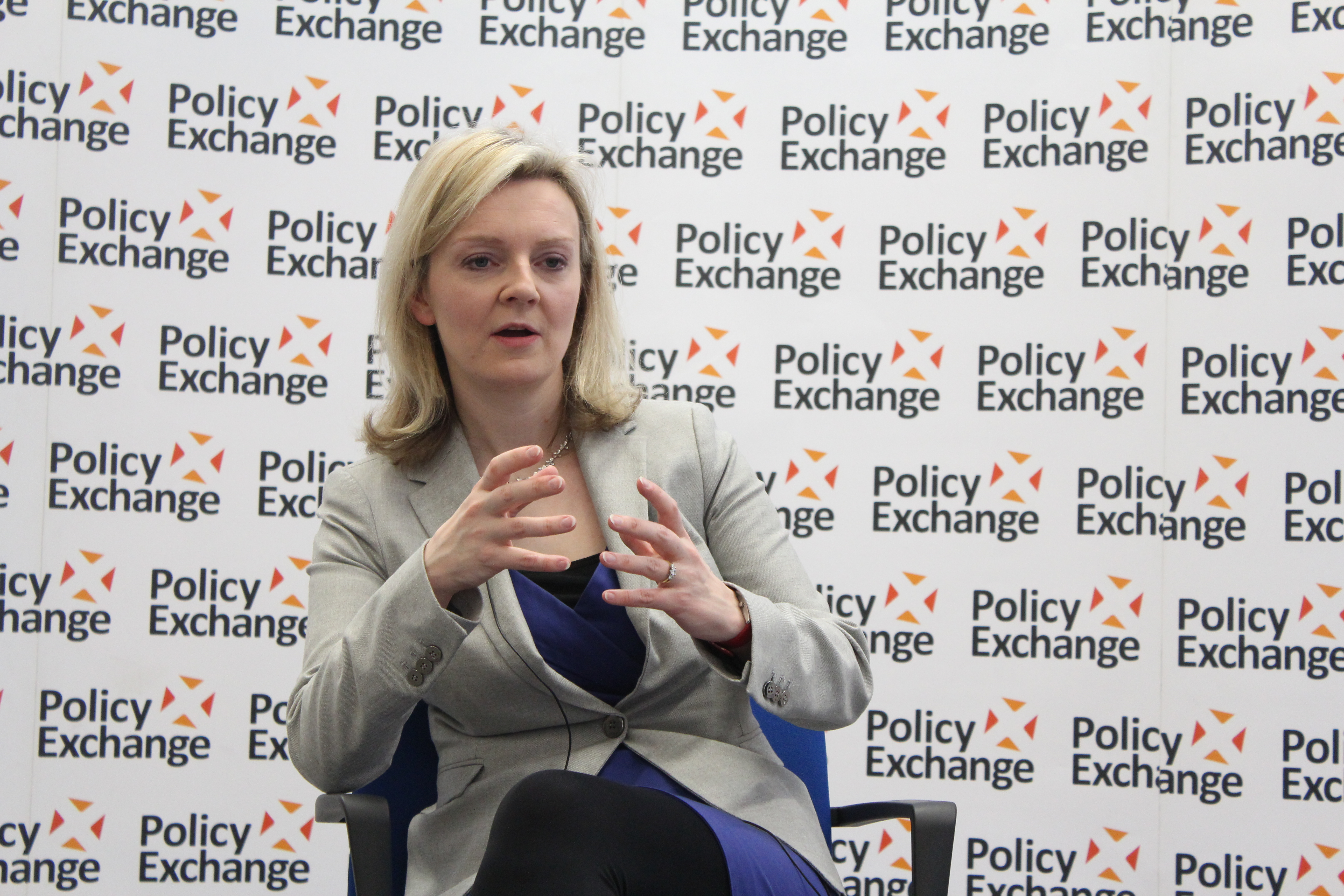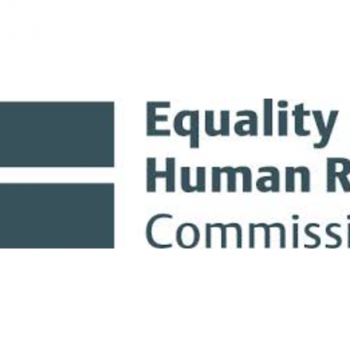Lockdown has shifted from being nationwide to local. Redundancies loom over many industries as the furlough scheme winds down. As measures to curb the virus become increasingly specialised, experts are concerned the risk of discrimination is growing. It is clear that the impact of Covid-19 so far has not been felt equally across England. Yet the government remains tight-lipped over a key way to combat bias.
“What seems clear is that the government has not fully assessed the equality impact of many aspects of its response, because if it had then some of the stories which we have seen in the last few months wouldn’t be coming through,” said Jim Fitzgerald, director of London-based international organisation the Equal Rights Trust.
He pointed to reports of children from certain communities facing problems with home schooling due to lack of access to technology. He also highlighted how a failure to account for pre-existing health, economic and social inequalities in health policy measures contributed to the disproportionate impact of Covid-19 on Black, Asian and minority ethnic (BAME) groups – an area now under investigation by the Equality and Human Rights Commission (EHRC).
The Equal Rights Trust – which works to secure the adoption, enforcement and implementation of equality laws – is part of a group of global equality organisations urging governments worldwide to address discrimination in their responses to the virus.
The main way to do this is to examine policies using what is known as an “equality impact assessment” (EIA), Fitzgerald said. This should be a “pre-emptive” exercise, whose purpose is to “identify and eliminate potential discriminatory impacts in the first place, before the harm is done”.
In the UK, EIAs have been promoted as a “valuable tool” to help public authorities – such as central government, NHS trusts and local councils – adhere to their legal obligations under the 2010 Equality Act.
This Act places a “public sector equality duty” (PSED) on public bodies, requiring them to ensure they do not discriminate against people on the basis of legally protected characteristics. These are age, disability, gender reassignment, marriage and civil partnership, pregnancy and maternity, race, religion or belief, sex and sexual orientation.

People from certain communities face difficulties studying at home due to economic factors. Credit: Unsplash
But, while all public authorities must legally assess the equality impact of their proposed policies, they are not legally required to use any specific tool. In 2012, former prime minister David Cameron said that government departments would no longer be required to complete EIAs, provided they have considered equality in other ways, describing them as “extra-tick box stuff”.
A chilling effect?
Amid the pandemic, and its plainly disproportionate impacts, interest in what assessment the central government has carried out on the equality impacts of its response has surged. MPs have asked the government on at least three occasions to publish its EIAs, or other forms of equality assessments, in relation to its response – with each being refused.
The Ubele Initiative, a social enterprise for the African diaspora in the UK, has issued the government a legal letter ordering it to disclose its EIAs as part of a call for an independent inquiry into the number of minority ethnicity Covid deaths. Boris Johnson has requested more time to respond.
Dr Judith Townend, a socio-legal researcher at Sussex University, has been waiting for more than two months to obtain a copy of an EIA the Department of Health and Social Care (DHSC) conducted into the Coronavirus Act 2020, which she requested under freedom of information laws.
The Coronavirus Act has granted the government “unprecedented powers,” including the right to detain “potentially infectious persons” and to allow councils to “downgrade” the level of support they are legally obliged to provide disabled people under the Care Act 2014.
Public authorities are legally required to respond to freedom of information requests within 20 working days and, according to the Information Commissioners Office, any delays to consider the public interest in releasing the information “should be exceptional”. The DHSC has pushed back its deadline to respond to 31 July – 82 days after the request was originally submitted.
A UK government spokesperson told EachOther: “The government always takes care to consider the equality impacts of policy decisions.”
The spokesperson added that the equalities minister, Liz Truss, explained the reasons behind not publishing the EIA during a parliamentary select committee in April.
“There can be a chilling effect on being frank in those assessments if they are then subsequently published,” she said. “These are internal documents to help inform the government about how we operate. The more that those documents are published, the more difficult it is for people to be frank in those documents.”
Townend does not accept Truss’ argument, and points to the fact that the Scottish government has published its equality impact assessment on its own version of the Coronavirus Act. She said: “It would be in the public interest to make public the assessment as soon as possible, so we can better understand the government’s approach to the draft legislation, its consideration of the likely impacts on different groups of people, and the steps proposed to safeguard against any detrimental effects and monitor outcomes of the legislation.”

The Government has the power to forcibly quarantine. Credit: Unsplash. Credit: Unsplash
An EHRC spokeswoman said: “The government should be transparent and we need to know equality is at the heart of the response. We have reminded them of their obligations and that if they do not publish an assessment they may be breaking their own laws under the Public Sector Equality Duty.”
Looking ahead
“We would argue that the risk of discriminatory impact is going to increase rather than decrease, as we move to the next phase of the response – as we move from measures that are general in their application to those which are specific,” says the Equal Rights Trust’s Jim Fitzgerald.
“For example, the use of ‘track-and-trace’ applications (£) poses myriad discriminatory risks – the possibility of discriminatory restrictions on access to services on the basis of health status, for example, or the potential to reinforce patterns of discrimination already exacerbated in the pandemic, such as the disproportionate impact of stop and search on Black people.
“We are also concerned that the shift to a ‘flexible’ furlough scheme could, in the absence of EIA, result in discriminatory impacts on women, ethnic minorities and other groups who are overrepresented in certain sectors or in certain positions within particular sectors.”
These comments were echoed by Samir Jeraj of the Race Equality Foundation, who last month told EachOther he was not aware of a single EIA being done.
Going forward, he said it was really important that EIAs are conducted on the pandemic recovery policy to ensure the “worst impacts of the pandemic and the indirect impact are not allowed to continue and carry on”.
Earlier this month trainee barrister Ife Thompson, from Black Protest Legal Support UK, also told EachOther of her concerns that any local lockdowns involving new police powers could disproportionately impact people from minority ethnic backgrounds.
Analysis by Liberty Investigates shows that police were more than 50% more likely to issue fines to people from black, Asian and minority ethnicity (BAME) backgrounds during lockdown.
Thompson said: “The way in which police currently work allow for discriminatory outcomes against black people to thrive. The possible effects of more lockdown powers is that we could continue to see a rise in fines being given and at a disproportionate rate for black and brown people.”
Thompson suggested that black people needed to be included in decision making, so as to get rid of biases. “It’s important because, particularly with black communities, we are very vulnerable in terms of exposure to the virus, but are we included in decision making? Are we included in discussions to do with these lockdowns? Are we going to have our voices centred, too?”





